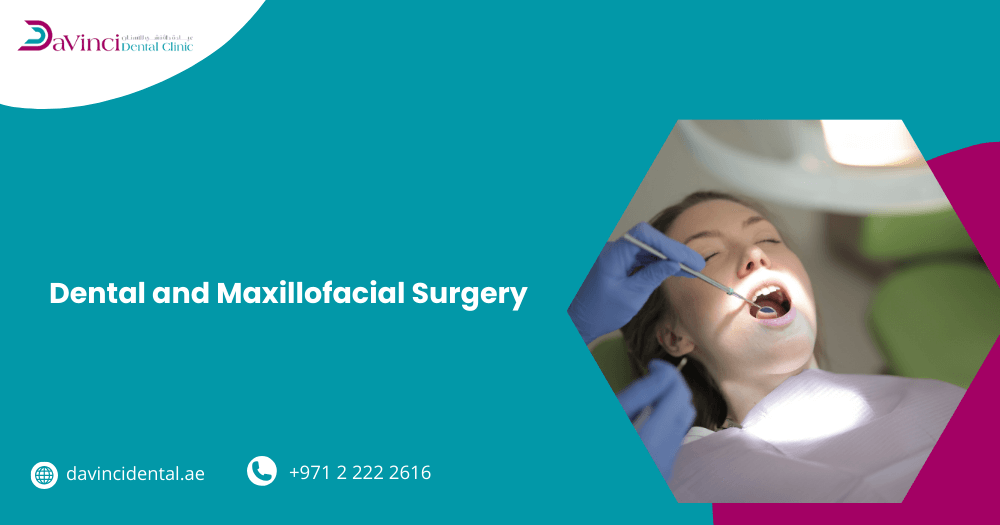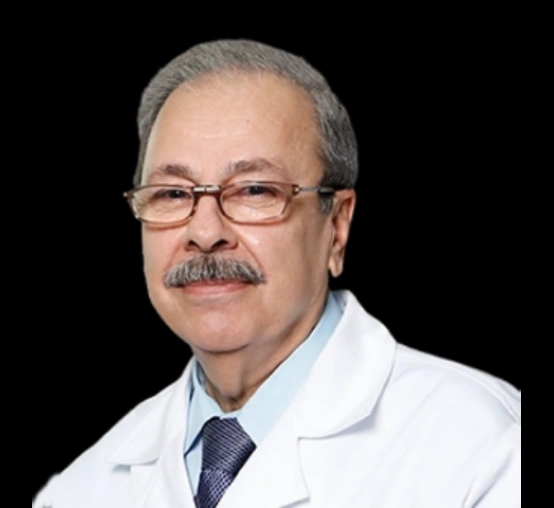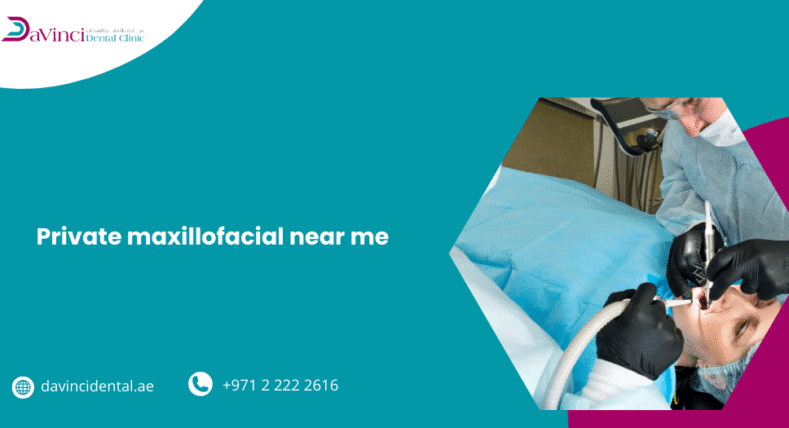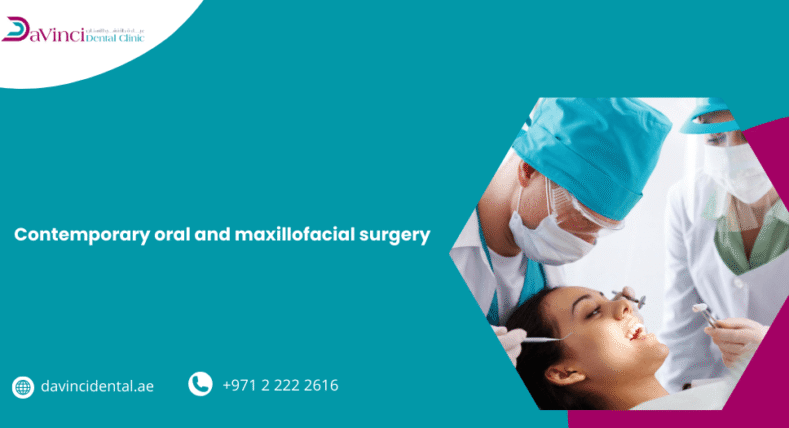The specialty area of dentistry and medicine known as “dental and maxillofacial surgery” is dedicated to the diagnosis and treatment of disorders affecting the mouth, jaw, face, and neck.
This area is essential to regaining both function and attractiveness, from fixing misaligned jaws and extracting impacted wisdom teeth to rebuilding facial damage.
Knowing each step of the process, from planning to recuperation, can help patients feel less anxious and set reasonable expectations.
In this article, we’ll go over everything you need to know about oral and maxillofacial surgery, including how to prepare, what happens before and during the treatment, and what you can expect afterwards.
Table of Contents
What Is A Dental and Maxillofacial Surgery?
Maxillofacial surgery is a procedure performed by a highly skilled dental surgeon. These operations may heal conditions or repair damage to your mouth, jaw, face, or neck.
Common examples are jaw surgery, cleft palate repair, and reconstructive face surgery.
The specialty of oral and maxillofacial surgery is distinct in that it necessitates a dual medical and dental degree, followed by extensive training in both general and specialized surgery.
The majority of surgeons earn a dental degree before medical school.
However, it is increasingly typical for medical degree holders to later complete a dental degree before pursuing a career in oral and maxillofacial surgery.
How To Prepare For A Dental and Maxillofacial Surgery?
Your treatment plan for a dental and maxillofacial surgery is created in collaboration with your oral and maxillofacial surgeon and orthodontist. The planning process for your braces and jaw surgery includes X-rays, photos, and models of your teeth.
Teeth may occasionally require crowns, reshaping, or both to achieve full correction due to variations in how they fit together.
Temporary orthodontic anchoring devices, computer-guided treatment planning, and three-dimensional CT scanning can help shift teeth and reduce the amount of time you need braces.
Sometimes, jaw surgery is not necessary if these attempts are successful. Before doing the real surgery, the surgeon may use virtual surgical design and simulation to help fit and adjust the jaw position for optimal results.
This procedure may also assist in determining whether additional treatment, like braces, may be required to correct any tooth fit issues after surgery.
Together with 3D printing, virtual surgical planning is also used to precisely cut the jawbones and place them during the procedure.
What To Expect Before The Procedure
When doing jaw surgery, oral and maxillofacial surgeons typically use medication to put the patient to sleep. Surgery is performed at a medical facility.
You might be able to leave the hospital the same day as your operation, or you might need to stay for a few days. The kind and complexity of the procedure will determine how long you stay in the hospital.
Knowing how long you will stay will help you make arrangements for the procedure, such as asking a trusted family member or a friend to pick you up and take a few days off from work or school.
What Happens During Maxillofacial Surgery?
Your doctor or dentist will explain what to anticipate because each procedure is unique. However, the following summarizes what usually happens on the day of your surgery:
- Ask a family member or close friend to drive you to the hospital.
- To put you to sleep throughout the procedure, your doctor will provide general anesthesia.
- Your surgeon will make one or more incisions after you’re sedated. The sort of operation you receive will determine where these incisions are made.
- Your surgeon will use tiny, specialized tools to do the procedure. During the procedure, dental X-rays could also be taken.
- Once the treatment is finished, your surgeon will seal your incisions with stitches and cover the surgical site.
What Happens After the Procedure
After surgery, your doctor will provide you with instructions. Typically, these guidelines consist of:
- Meals that should be consumed include liquids for a while, then soft, chewable meals.
- How to maintain oral hygiene.
- Avoiding tobacco use.
- Not engaging in physically demanding tasks or carrying heavy objects.
- How to manage pain with medication.
- When to go back to work or school, which is often within a week or three.
After surgery, the jaw typically heals in six weeks, but it may take up to 12 weeks for the jaw to fully recover.
It might take several years to complete the orthodontic procedure, which includes braces and surgery.
The Results of The Procedure
By using jaw surgery to realign your jaws and teeth, you can:
- Create a balanced appearance for your lower face.
- Improve the function of your teeth.
- Provide health advantages through better breathing, chewing, swallowing, and sleeping.
- If your jaw is giving you trouble speaking, work on it.
- Additionally, you could be happier with your appearance, which can boost your self-esteem.
Read More: Maxillofacial Surgery Clinic in Abu Dhabi.
Conclusion
The highly specialized field of dental and maxillofacial surgery enhances face appearance and general quality of life in addition to restoring mouth function.
Every step of the process, from planning and surgery to recuperation and long-term results, is essential to success.
Having the correct information lowers anxiety and establishes reasonable expectations, regardless of whether you are receiving treatment for a functional problem, like jaw misalignment, or for reconstructive or cosmetic reasons.
Through close collaboration with a trusted clinic like Davinci Dental Clinic, patients can anticipate enhanced function, confidence, and overall health.
Read More: Oramax Dental Clinic.
Frequently Asked Questions
What is the most common oral and maxillofacial surgery?
An oral or maxillofacial surgeon performs oral surgery in or around the mouth and jaw. Tooth extraction, wisdom tooth extraction, dental implants, oral biopsies, and dental bone grafting are the most frequent oral procedures.
What is the recovery time for oral and maxillofacial surgery?
It takes about 18 months. You could expect to spend one or two nights in the hospital after the jaw surgery, which is done under general anesthesia. Recovery takes four to six weeks after discharge.
How do you sleep after maxillofacial surgery?
After oral surgery, it's best to sleep on your back with your head up. This posture improves fluid outflow from the surgery site and reduces swelling. Sleeping on your stomach or side could cause discomfort and put pressure on the surgical site.





